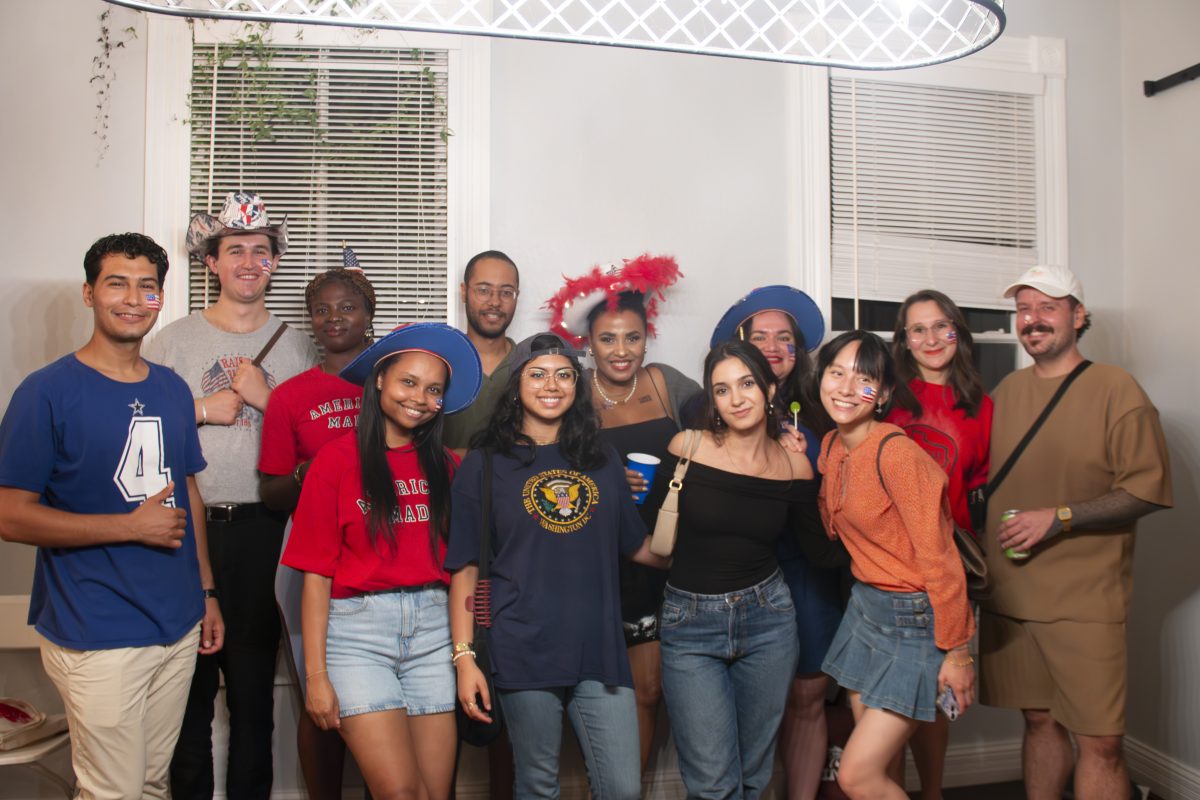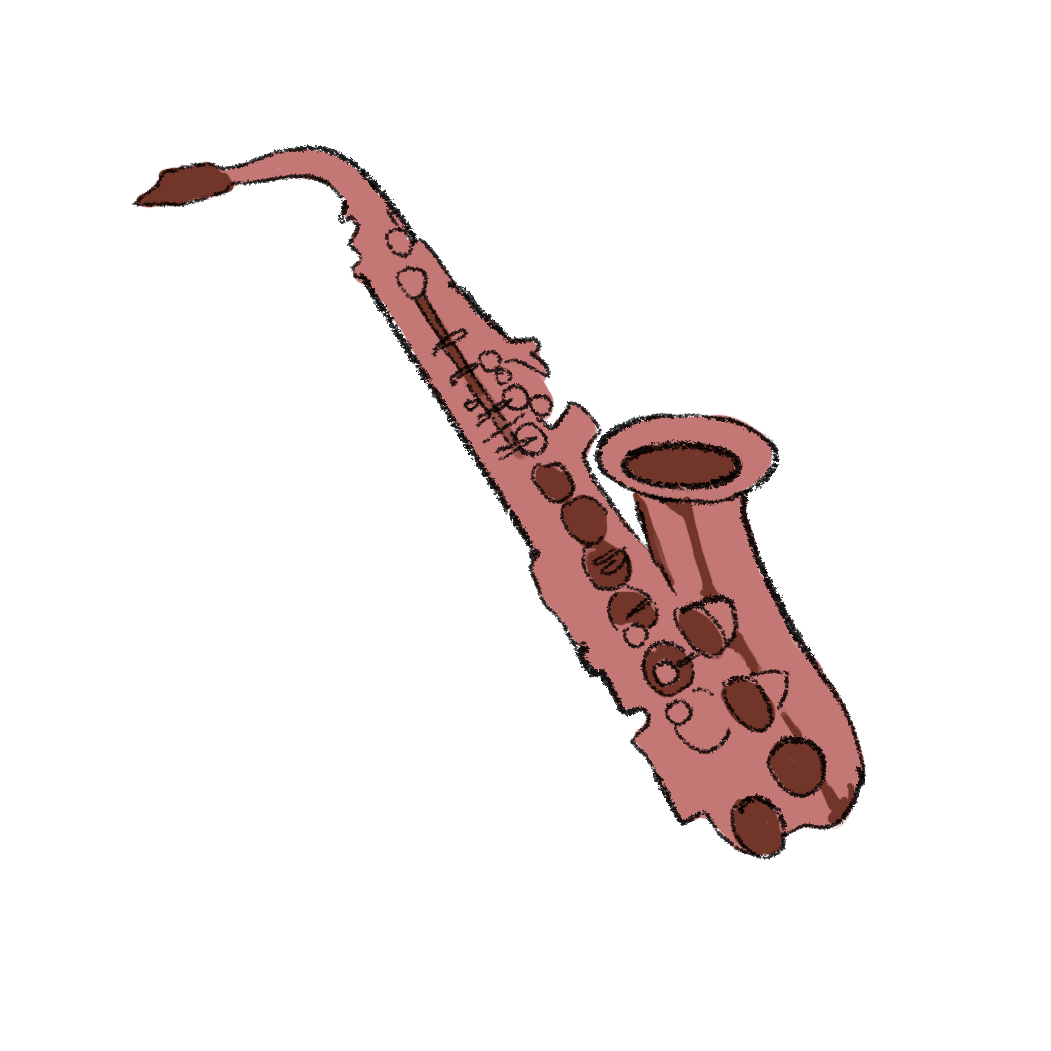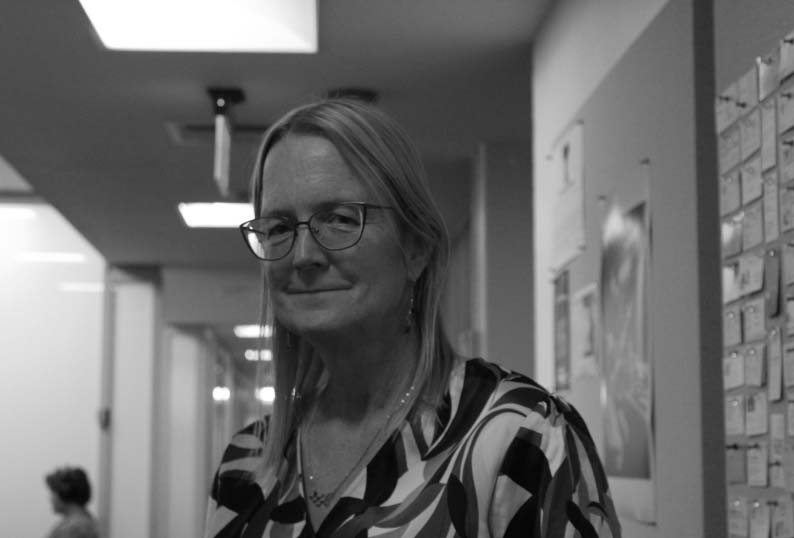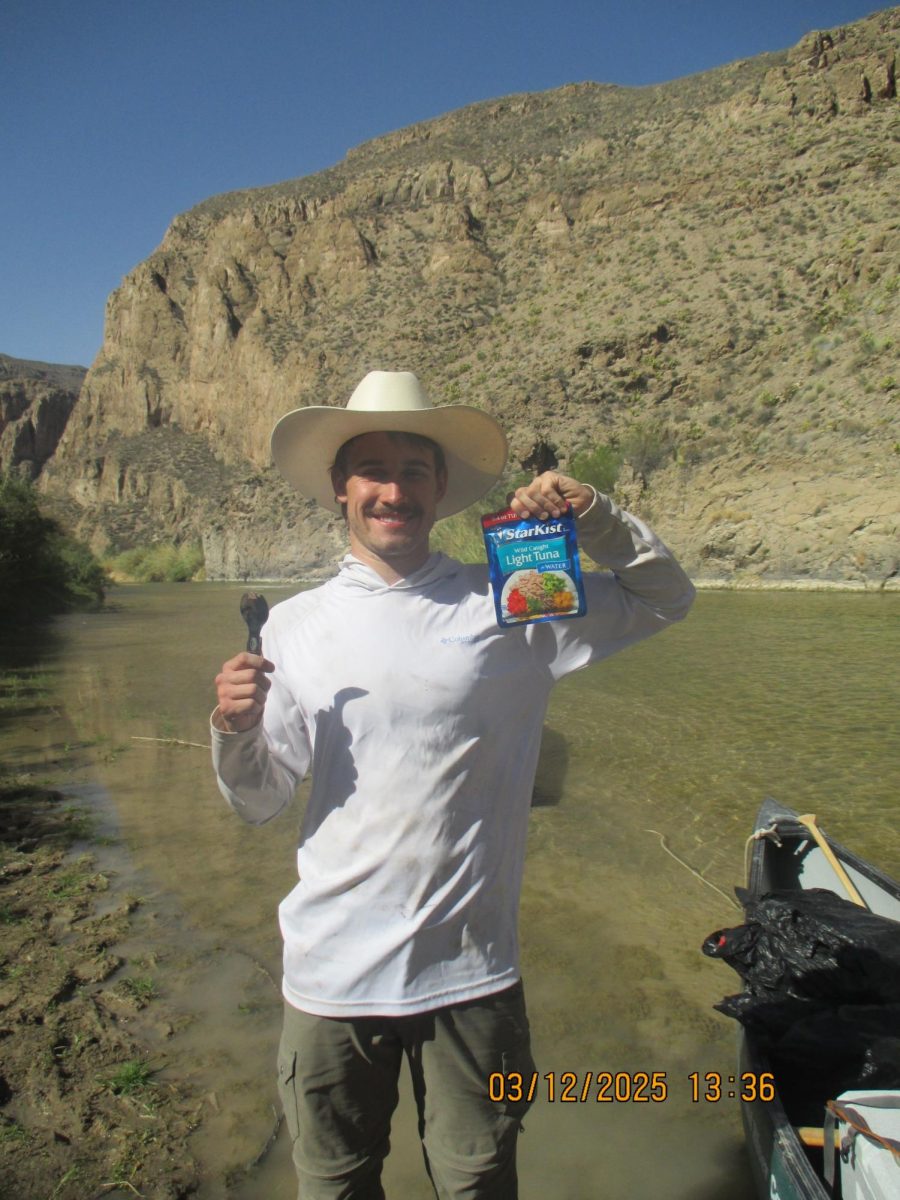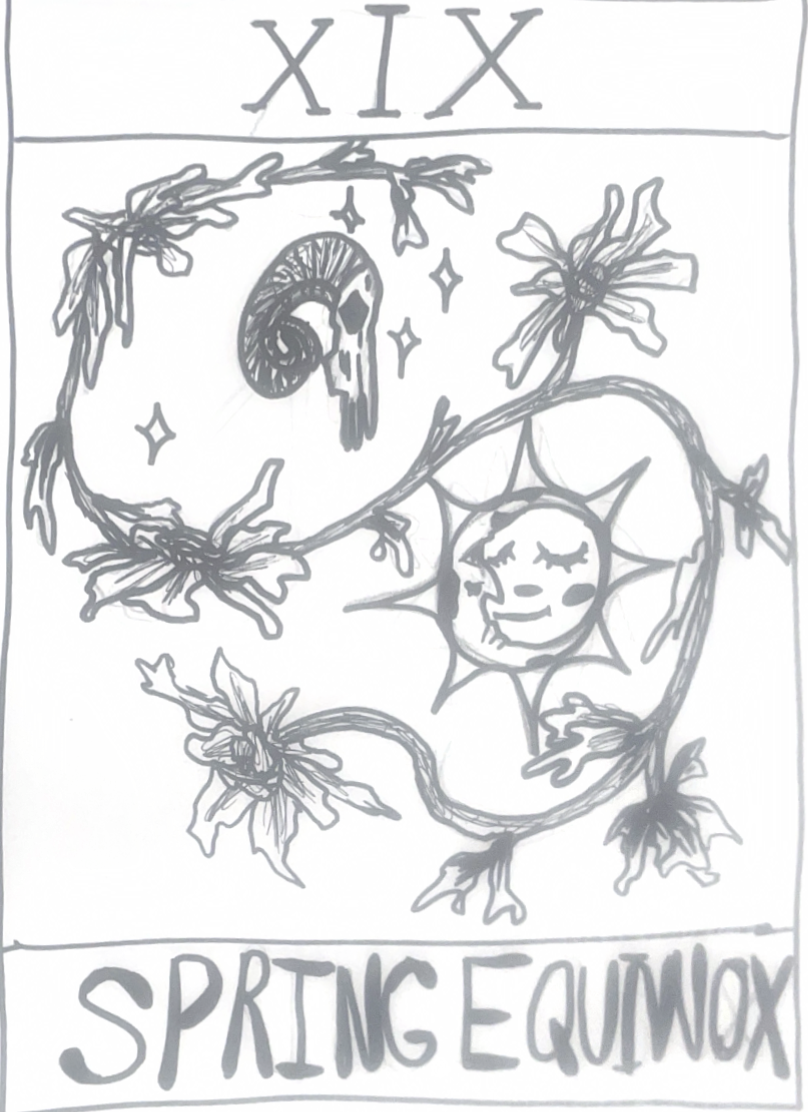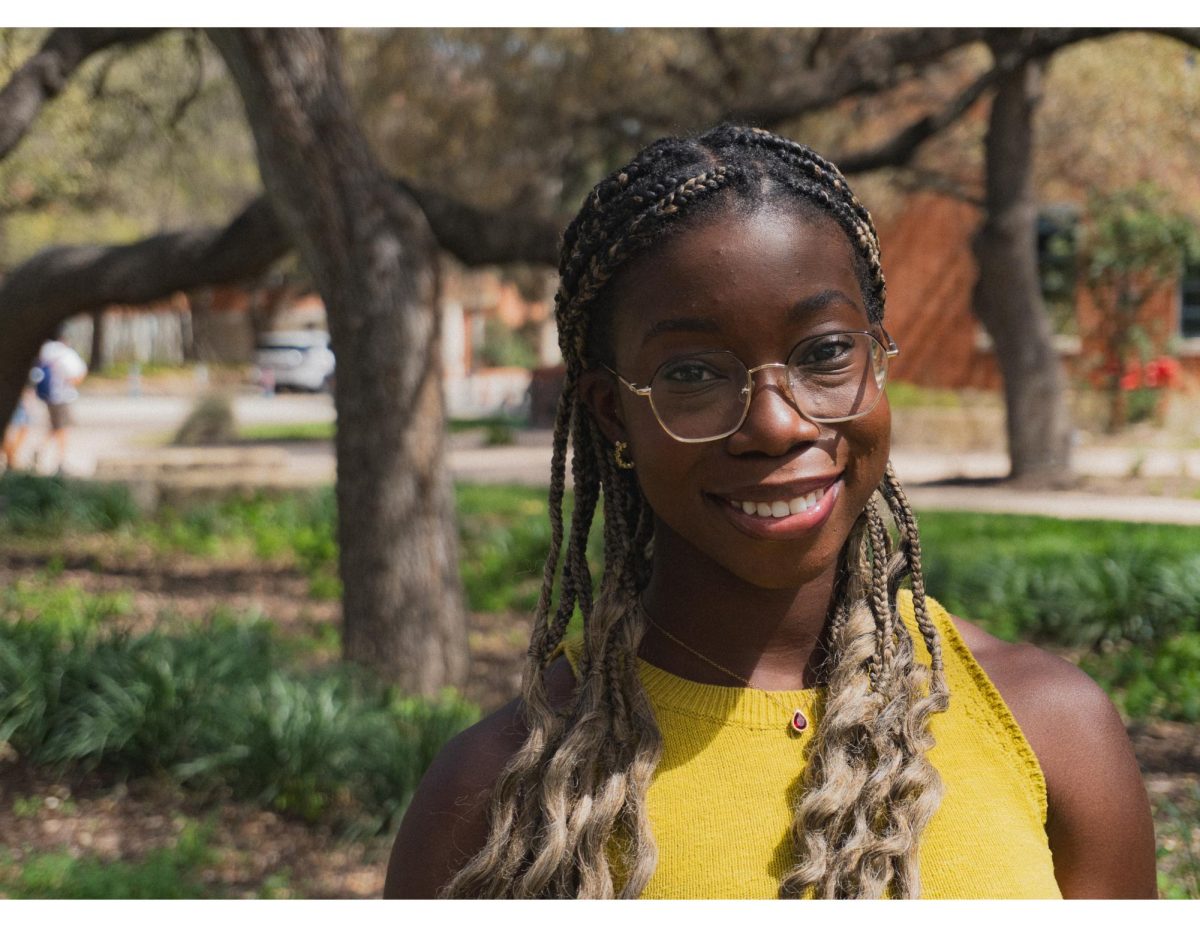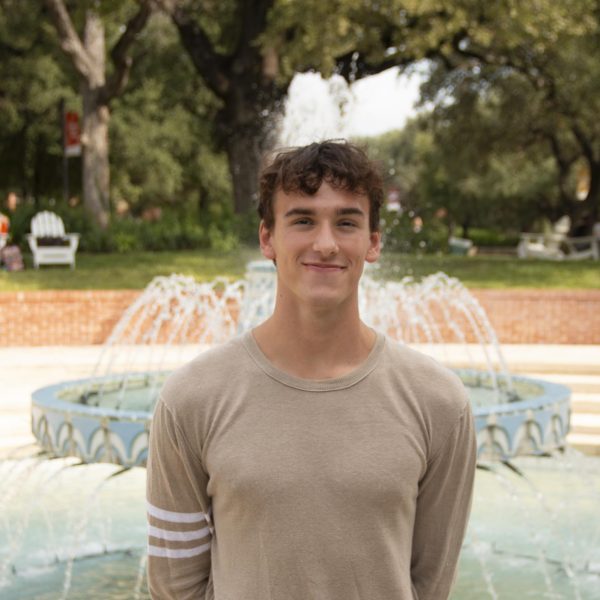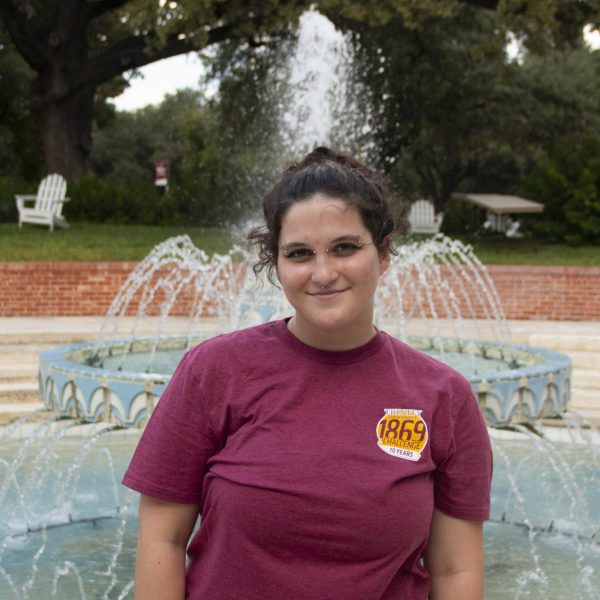During the final foreseeable hosting of the Fulbright Program at Trinity University, 20 German students spent a month exploring San Antonio and participating in classes. Though the program may return, Dr. Peter O’Brien said a final decision has not been made. The exchange students are scheduled to leave on Sept. 21.
The German Fulbright students reported that they enjoyed the program and believe it is beneficial for other students, as it allows them to participate in a cultural exchange and an educational experience.
Marijan Tabak, sixth semester physics and philosophy double-major, disclosed that he feels privileged to participate in the program. He noted that he grew up in a working-class neighborhood where most people did not get any higher education.
“The Fulbright program is only applicable to students,” Tabak said. “Getting to this is really difficult for a lot of people. I know a lot of people who can benefit from this program who are not studying, to learn about the U.S. and lose a lot of the stereotypes they have about the world and about the U.S. in general.”
Tabak explained that he found it easy to meet people at Trinity. He mentioned that he appreciated the interns who work with the Fulbright students because he believes they are working hard to provide a great experience. This year’s interns include Bocar Diagana, Rachel Lerman, Lydia Mollhagen, Nina Pollak, Emma Power, Grace Sundstrom and Nicole Tijerina.
“The things that are going to stick in your memory are the experiences you make here with the people, and that is mostly the interns for us,” Tabak said. “They are so sweet. They often do things with us. They took us to Thursbays. One of them invited us to cook. Just talking to them, being in the vans, putting on some music together — I think that is my favorite experience.”
Abdullah Mohammed Masood Al-Moahowetai, sixth semester English major, said that many people applied to the program, yet only 20 got selected. He said that he had developed a curiosity for American culture, prompting him to apply to the program.
“I’ve fallen in love with the culture and the language since I was a little boy,” Al-Moahowetai said. “Everything is interesting. [Americans] are more interesting than what the movie shows. People smile a lot, and they are really helpful. I am really happy to be here.”
Maja-Sophie Ebner, sixth semester English and political science double-major, noted that the program is too short. She said that she would prefer two months instead of one — to provide more time to settle in. However, Tabak decided to take matters into his own hands and acquire a symbolic item from Texas.
“We went to New Braunfels to go tubing. We went to see Buc-ees afterwards. I even bought the beaver for one of my friends — I know he is going to enjoy it,” Tabak said.
Al-Moahowetai said that he is more confident to speak English with native speakers because of the Fulbright program. Before, he explained, he was hesitant and scared to do so. He added that he has become more open-minded regarding diversity.
“Being different is not a bad thing. It is actually a beautiful thing. It’s colorful. It’s beautiful,” Al-Moahowetai said. “You take what you give.”
Ebner believes that discourse between Fulbright and Trinity students is beneficial. She noted that students should take the initiative to communicate.
“You have to engage with each other. If I would not talk with anyone, no one would learn anything,” Ebner said. “There has been, probably, five people who have come up to us and said ‘Oh you speak German, I know German,’ and then they were trying to do the conversation. It was super fun because their German was actually really bad, but it was cute that they tried to do it.”
Ebner remarked that the classes at Trinity differ from those in Germany. The classes at the University of Stuttgart have around 200 students.
“I really like that here, the discussion culture, that everyone does it, everyone participates. I feel like that is the most important part. What you should learn to do — respectful discussions,” Ebner said. “It is nice to hear a different perspective, and I can bring in the German perspective.”

